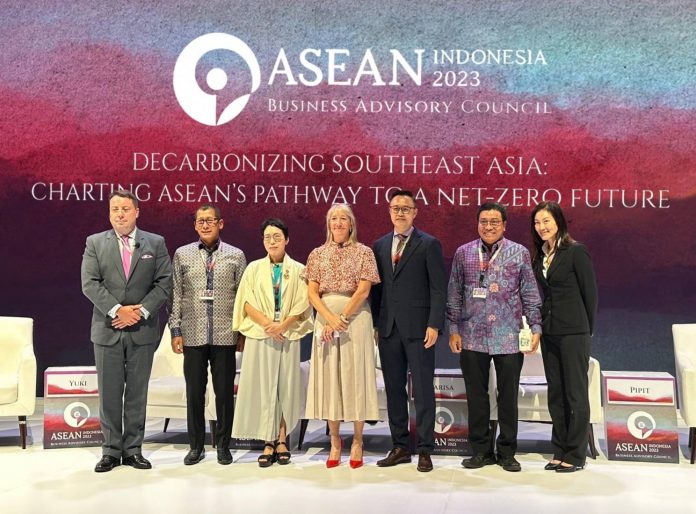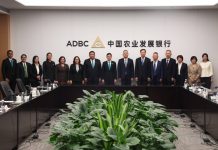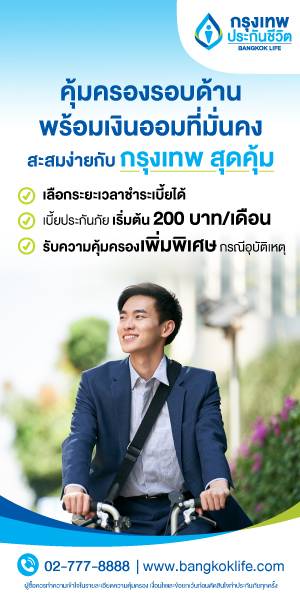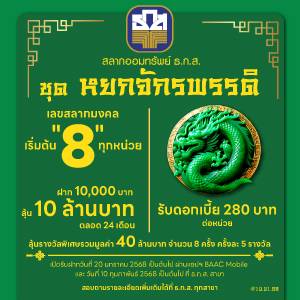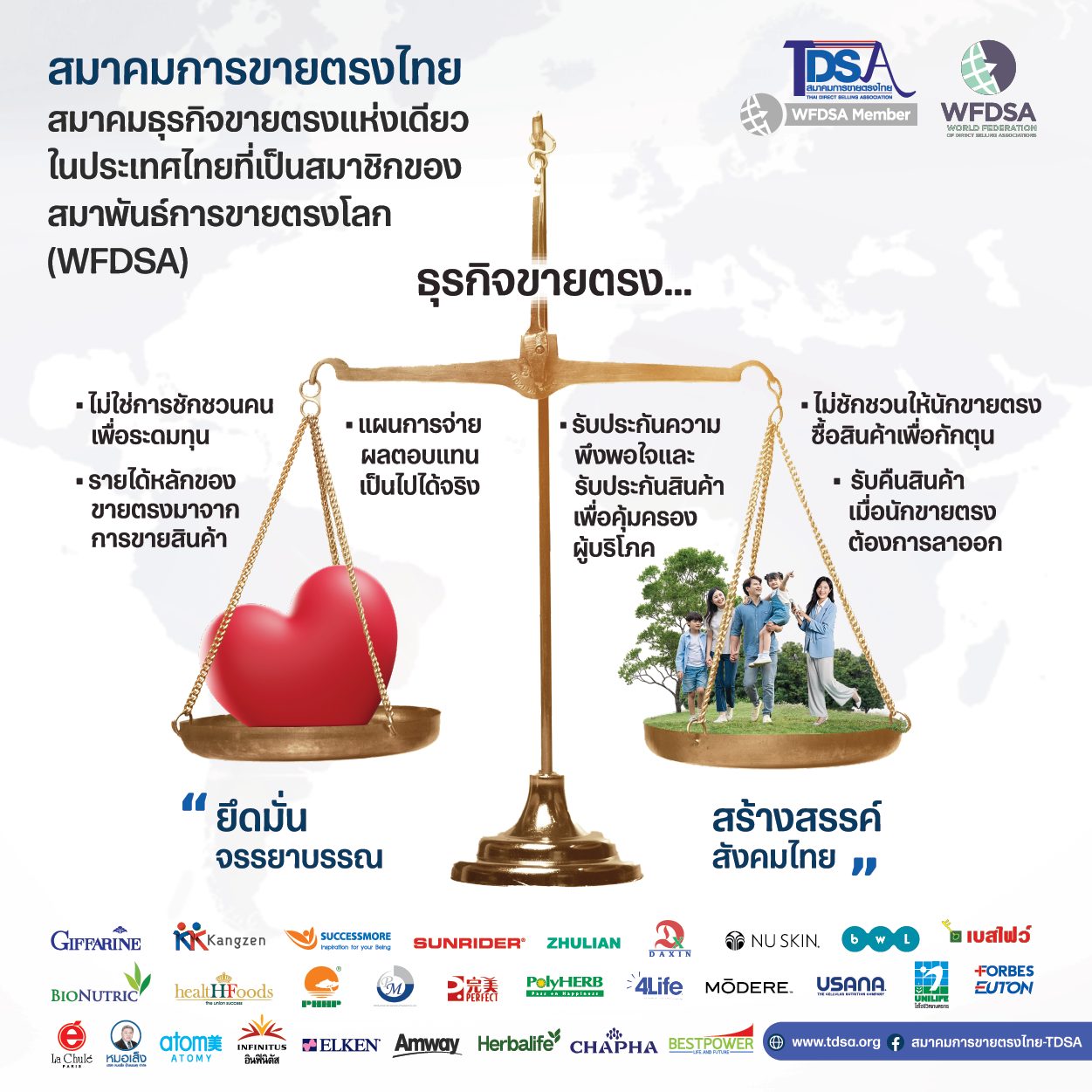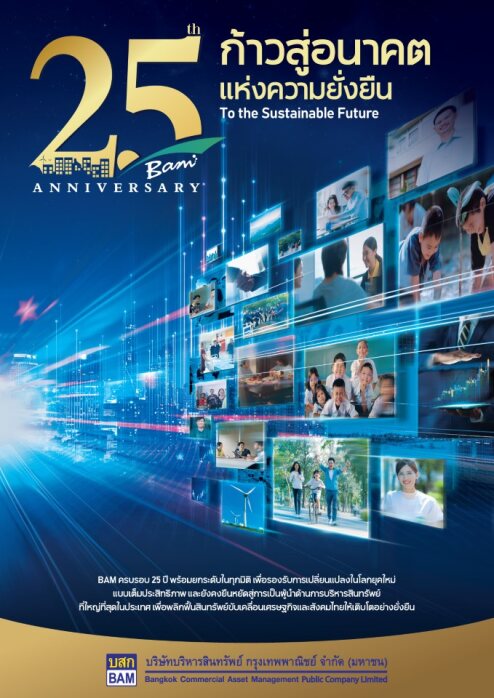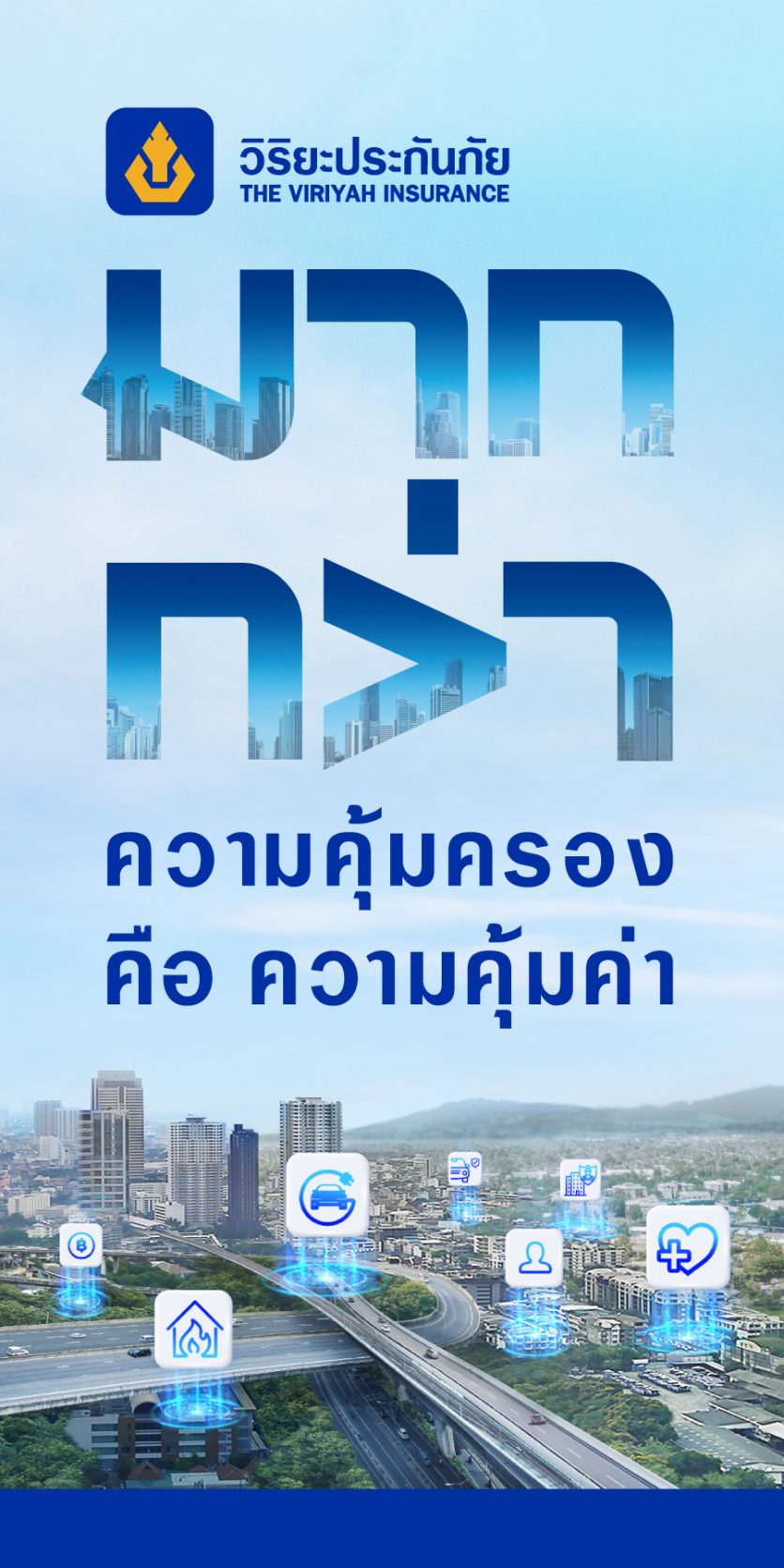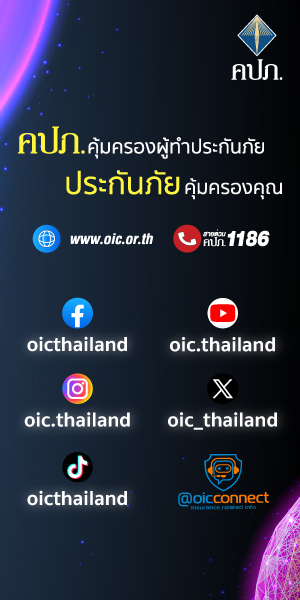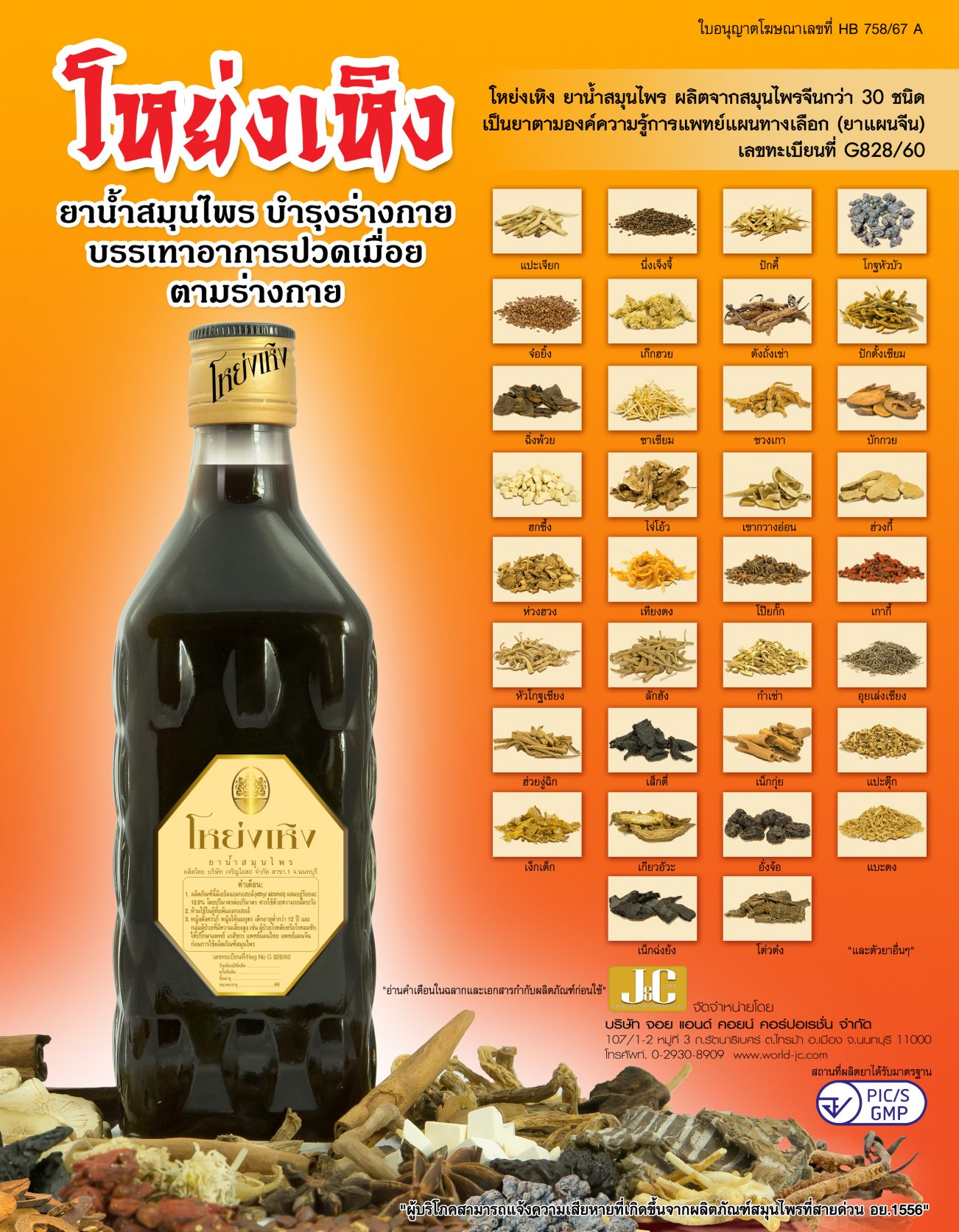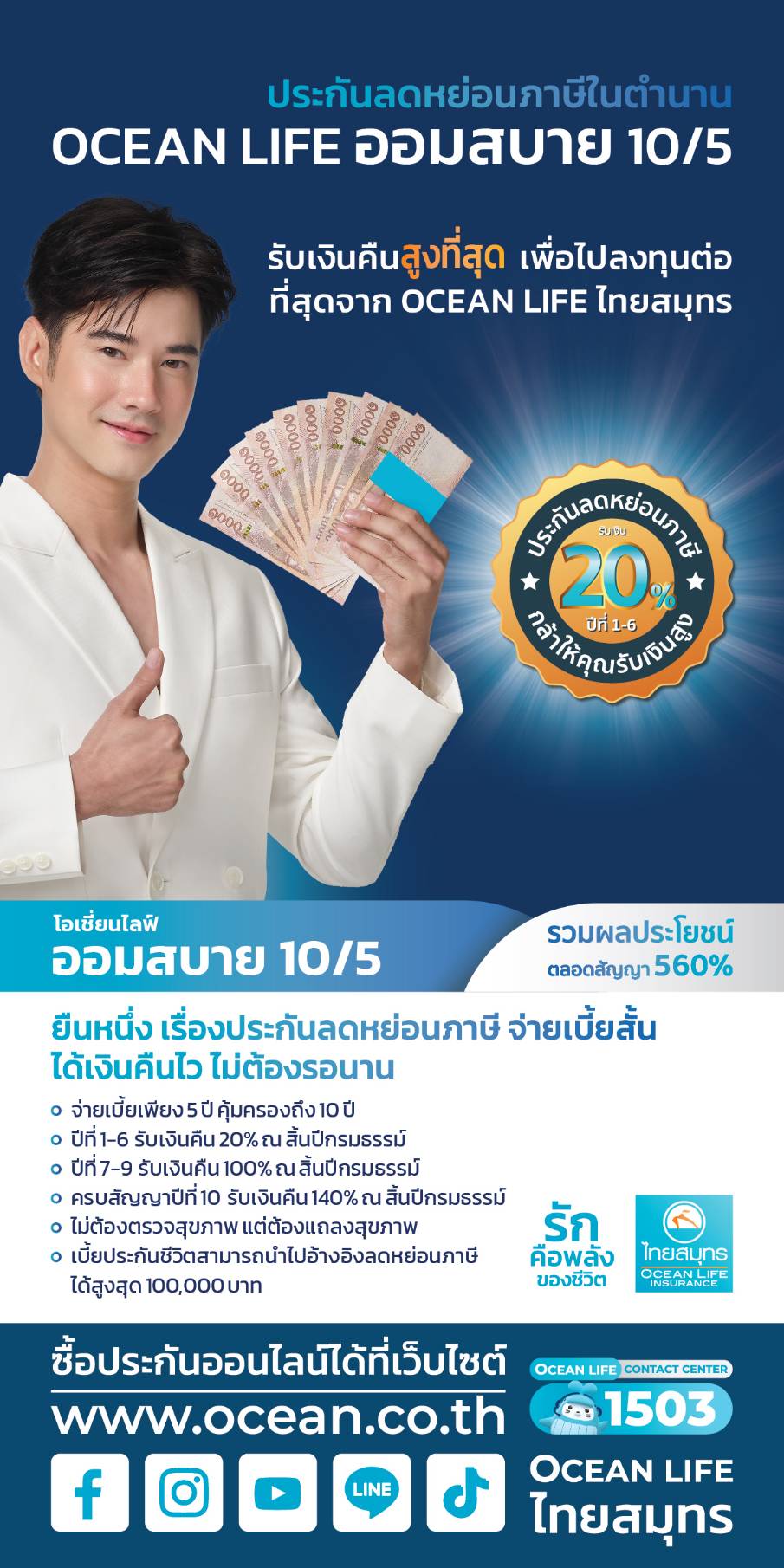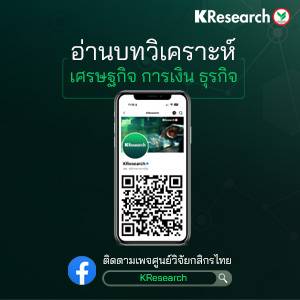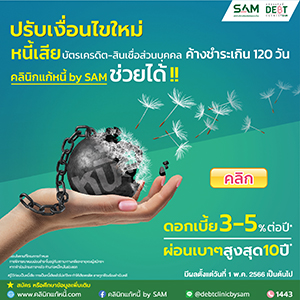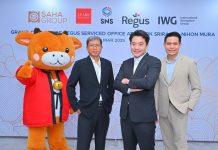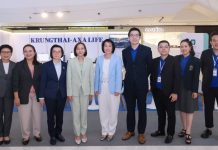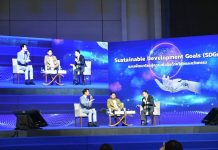กสิกรไทยเป็นตัวแทนสถาบันการเงินภาคเอกชนไทย ร่วมการประชุมสุดยอดสภาที่ปรึกษาธุรกิจอาเซียน (ASEAN Business Advisory Council Summit Week) เมื่อต้นเดือนกันยายน ที่กรุงจาการ์ตา ประเทศอินโดนีเซีย และร่วมการเสวนาหัวข้อ Decarbonizing Southeast Asia: Charting ASEAN’s Pathway to a Net-Zero Future แลกเปลี่ยนมุมมอง บทบาท แนวคิดของภาคเอกชน ในฐานะที่เป็นส่วนสำคัญของแรงขับเคลื่อนให้บรรลุเป้าหมายการปลดปล่อยก๊าซเรือนกระจกสุทธิเป็นศูนย์ (Net Zero Emissions) พร้อมเชิญชวนกลุ่มประเทศอาเซียนจับมือกันทำเรื่องการลดปล่อยก๊าซเรือนกระจก หรือ Decarbonization ให้เป็นความร่วมมือในระดับภูมิภาค สร้างมาตรฐานร่วมกัน ผลักดันการเกิด ASEAN Taxonomy
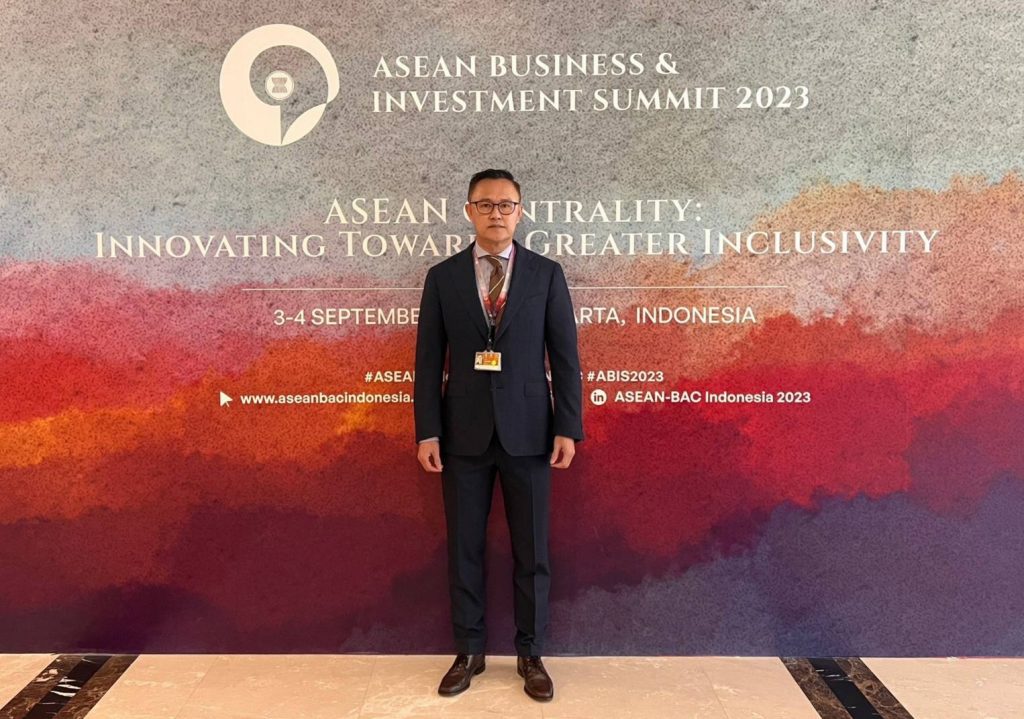
นายพิพิธ เอนกนิธิ กรรมการผู้จัดการ ธนาคารกสิกรไทย เปิดเผยว่า ธนาคารกสิกรไทยเป็นตัวแทนสถาบันการเงินภาคเอกชนไทย เข้าร่วมงานสัปดาห์การประชุมสุดยอดสภาที่ปรึกษาธุรกิจอาเซียน ระหว่างวันที่ 1-6 กันยายน 2566 ณ กรุงจาการ์ตา ประเทศอินโดนีเซีย โดยภายในงานมีกิจกรรม การประชุมสุดยอดธุรกิจและการลงทุนอาเซียน (ASEAN Business and Investment Summit หรือ ABIS 2023) ที่จัดขึ้น ภายใต้แนวคิด “ASEAN Centrality: Innovating Towards Greater Inclusivity” มีตัวแทนทั้งจากภาครัฐบาล ภาคธุรกิจ ผู้นำ และผู้บริหารระดับสูงจากภาคธุรกิจทั่วโลกกว่า 2,000 คน เพื่อแลกเปลี่ยนความคิดเห็นระหว่างผู้นำประเทศสมาชิกอาเซียน อีกทั้งยังสร้างโอกาสให้ผู้นำธุรกิจได้มีส่วนร่วมในการเจรจาอย่างสร้างสรรค์กับผู้กำหนดนโยบาย
นอกจากนี้ ธนาคาร ยังได้เข้าร่วมเสวนาภายใต้หัวข้อ Decarbonizing Southeast Asia: Charting ASEAN’s Pathway to a Net-Zero Future เพื่อแลกเปลี่ยนมุมมอง บทบาท แนวคิดของภาคเอกชน ในฐานะที่เป็นส่วนสำคัญของแรงขับเคลื่อนให้บรรลุเป้าหมายการปลดปล่อยก๊าซเรือนกระจกสุทธิเป็นศูนย์ (Net Zero Emissions) รวมถึงแนวทางการกำหนดนโยบายต่าง ๆ ด้านการธนาคาร ที่จะผลักดันให้ธนาคารและลูกค้าทุกภาคส่วน คำนึงถึงการลงทุนที่เป็นมิตรต่อสิ่งแวดล้อม และส่งเสริมความยั่งยืนในระดับภูมิภาค โดยแสดงมุมมองเกี่ยวกับการดำเนินการลดการปล่อยก๊าซคาร์บอนไดออกไซด์และก๊าซเรือนกระจกชนิด อื่น ๆ สู่ชั้นบรรยากาศ หรือ Decarbonization ในกลุ่มประเทศอาเซียน ซึ่งการจะบรรลุเป้าหมายเรื่องนี้ ขึ้นอยู่กับศักยภาพของแต่ละประเทศในการปรับตัว ทั้งด้านการเงิน ความสามารถทางเทคโนโลยี และองค์ความรู้ ประเทศที่มีความพร้อม เช่น สหรัฐอเมริกา สหภาพยุโรป และประเทศจีน จะเป็นผู้กำหนดแนวทางและกฎเกณฑ์ในระบบเศรษฐกิจ ทั้งนี้ ในกลุ่มประเทศอาเซียนส่วนมากเป็นประเทศที่กำลังพัฒนาและมีความพร้อมที่แตกต่างกัน แต่ยังพึ่งพากันได้ดีผ่านการค้าและการลงทุน ด้วยมูลค่าการค้าภายในภูมิภาคอาเซียน (ASEAN intra-trade) ที่มีสัดส่วนสูงถึง 23%
นายพิพิธ กล่าวในตอนท้ายว่า การส่งเสริมการสร้างมาตรฐานร่วมกันด้าน Decarbonization ในภูมิภาคเศรษฐกิจอาเซียน ถือเป็นการตอกย้ำแนวคิดการทำงานตามหลักการธนาคารแห่งความยั่งยืน (Bank of Sustainability) ของธนาคารกสิกรไทย ที่พร้อมจะก้าวสู่การเป็นผู้นำด้าน ESG ของกลุ่มธนาคารในเอเชียตะวันออกเฉียงใต้ โดยธนาคารจะเป็นส่วนหนึ่งในการสนับสนุนและผลักดันลูกค้า ในเรื่องของการเปลี่ยนผ่านด้านสิ่งแวดล้อม หรือ Decarbonization ในประเทศไทยและกลุ่มประเทศอาเซียน ที่ธนาคารกสิกรไทยมีที่ตั้งอยู่ เพื่อให้เป็นตามนโยบายเป้าหมาย Net Zero Commitment ของแต่ละประเทศต่อไปในอนาคต
KBank invites ASEAN to jointly establish common decarbonization standards in a drive towards the ASEAN Taxonomy
KASIKORNBANK (KBank) represented Thailand’s private financial institutions in attending the ASEAN Business Advisory Council Summit in Jakarta, Indonesia, held in early September. The Bank also joined a panel discussion, “Decarbonizing Southeast Asia: Charting ASEAN’s Pathway to a Net-Zero Future”, to exchange views and discuss the roles and perspectives of the private sector in the drive to achieve the net zero emissions goal. The Bank also invited ASEAN member countries to collaborate on decarbonization efforts at the regional level with the goal of establishing common standards in developing the ASEAN Taxonomy.
Mr. Pipit Aneaknithi, KBank President, said, “Thai private financial institutions were represented by KBank in the ASEAN Business Advisory Council Week, held September 1-6 in Jakarta, Indonesia. The event featured various noteworthy activities, including the ASEAN Business and Investment Summit or ABIS 2023, under the concept of ‘ASEAN Centrality: Innovating Towards Greater Inclusivity’. The event brought together over 2,000 representatives from the government and business sectors worldwide, including leaders and high-level executives. Serving as a forum for exchanging views among ASEAN member state leaders, the summit also provided an opportunity for business leaders to engage in creative dialogue with policymakers.”
Additionally, KBank participated in a panel discussion, “Decarbonizing Southeast Asia: Charting ASEAN’s Pathway to a Net-Zero Future”, to exchange related perspectives, roles and concepts of the private sector, which plays a vital role in the drive towards achieving net zero emissions, as well as guidelines in establishing banking policies aimed at encouraging banks and customers of all walks of life to recognize environmentally friendly investment and promote sustainability at the regional level. Regarding the reduction of CO2 emissions and other types of greenhouse gas, or decarbonization, within ASEAN, KBank noted, “Achieving such a target will rest with the potential of each member state to make adjustments in terms of finance, technological capability, and knowledge such as the United States of America, the European Union and the People’s Republic of China. Those with such potential will likely set the guidelines and regulations of the economic system. Meanwhile, most ASEAN member states are developing countries to varying degrees, and they continue to depend upon each other through trade and investment. ASEAN intra-trade presently amounts to 23 percent of its total international trade.”
Under such a context, ASEAN can explore new opportunities together by forging cooperation to ensure that decarbonization is an integral part of its regional progressive dialogue and in alignment with the dynamics of trade and investment, based on a common decarbonization standard. This includes hard infrastructure to which each country can contribute its resources, and laws and regulations [soft infrastructure] such as the ASEAN Taxonomy. Beyond promoting decarbonization within ASEAN, this collaboration could also help us take part in global sustainability efforts.
“Regarding climate challenges in the current business landscape in ASEAN, large corporates can make adaptations and comply with international regulations immediately with their ample resources, technology, funding, and knowledge. On the other hand, SME customers cannot adapt entirely on their own. They require assistance from the government, banks, or multilateral development banks (MDBs) to ensure their survival. As for retail customers, they must be encouraged to raise their awareness and cultivate ideas that will lead to behavioral changes, resulting in a new value system that would drive SMEs and large corporates to adapt efficiently in the future.”
Mr. Pipit noted in closing that promoting the development of a common decarbonization standard in the ASEAN economic region reaffirms KBank’s principles of a Bank of Sustainability with the aim of becoming an ESG leader among banks in Southeast Asia. The Bank is determined to participate in supporting and driving the Bank’s clients towards decarbonization in Thailand and ASEAN countries where KBank has a presence, in alignment with the net zero commitment of each country in the future.



